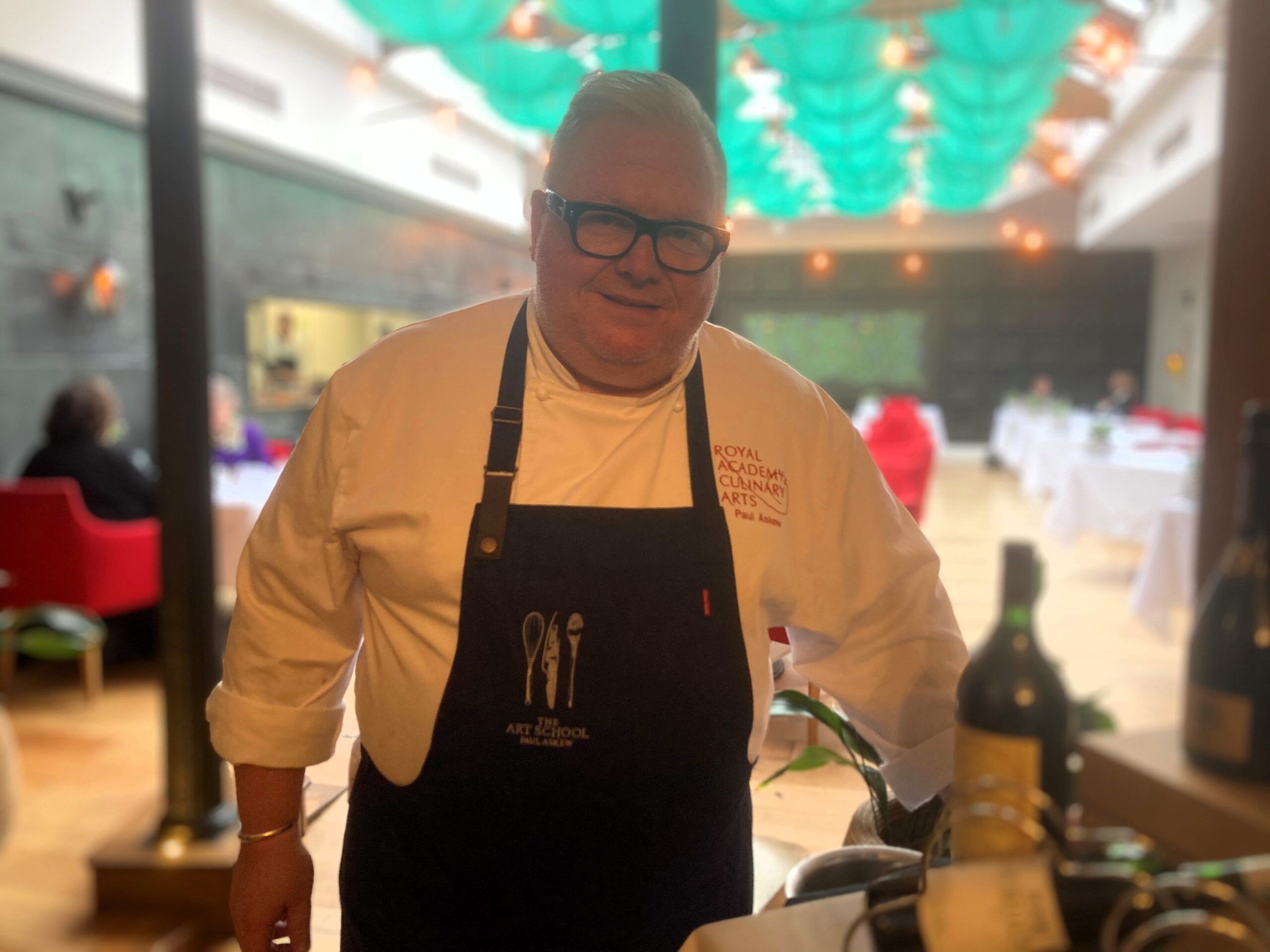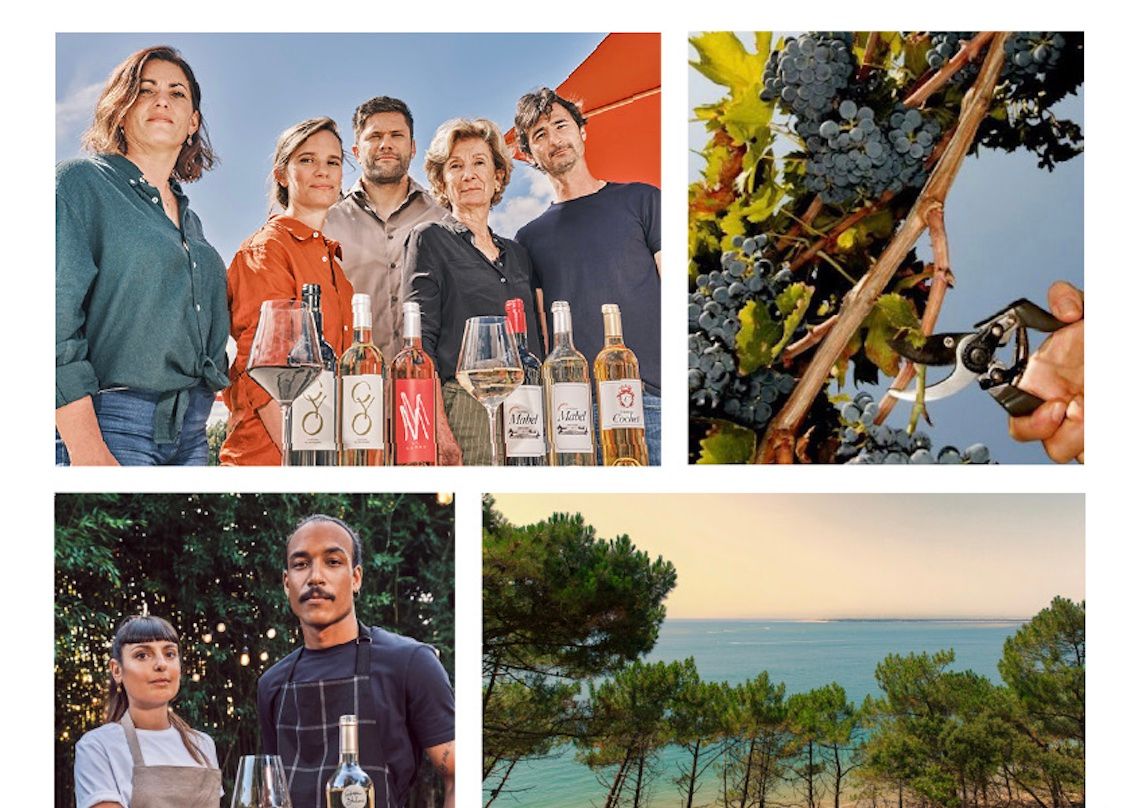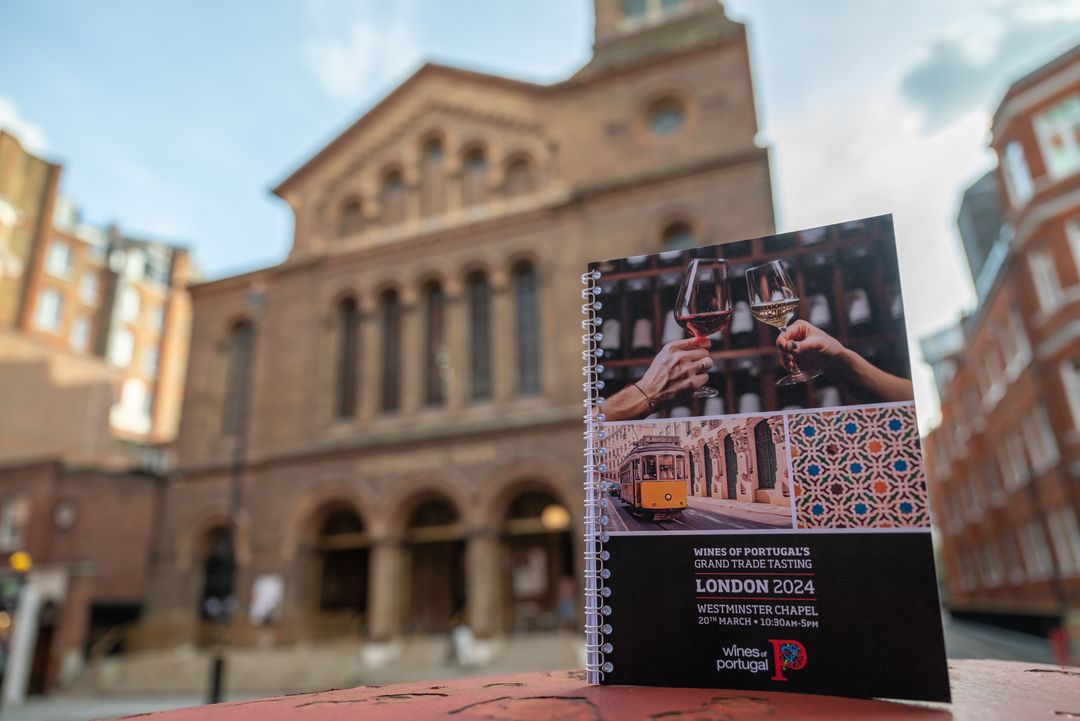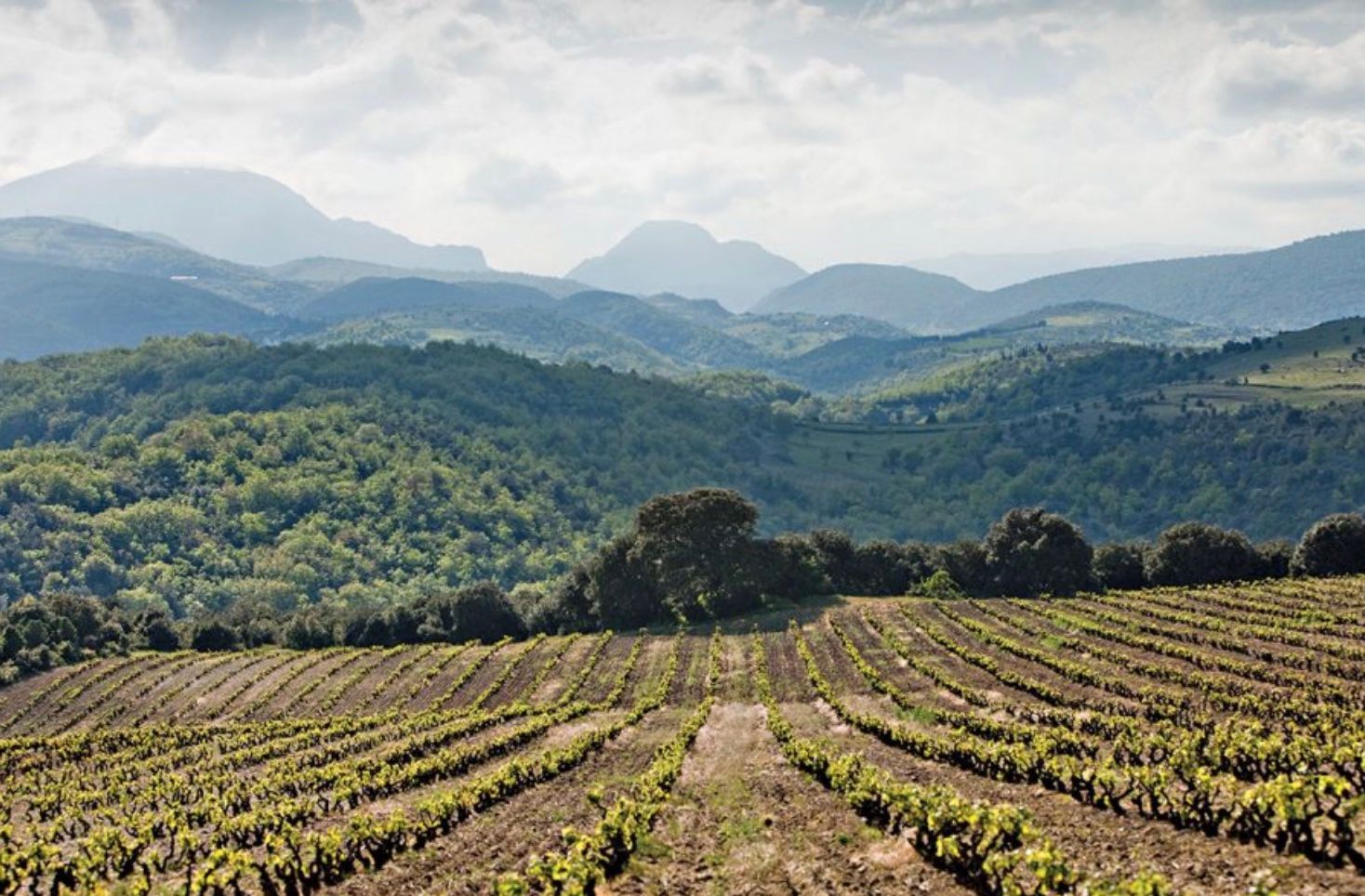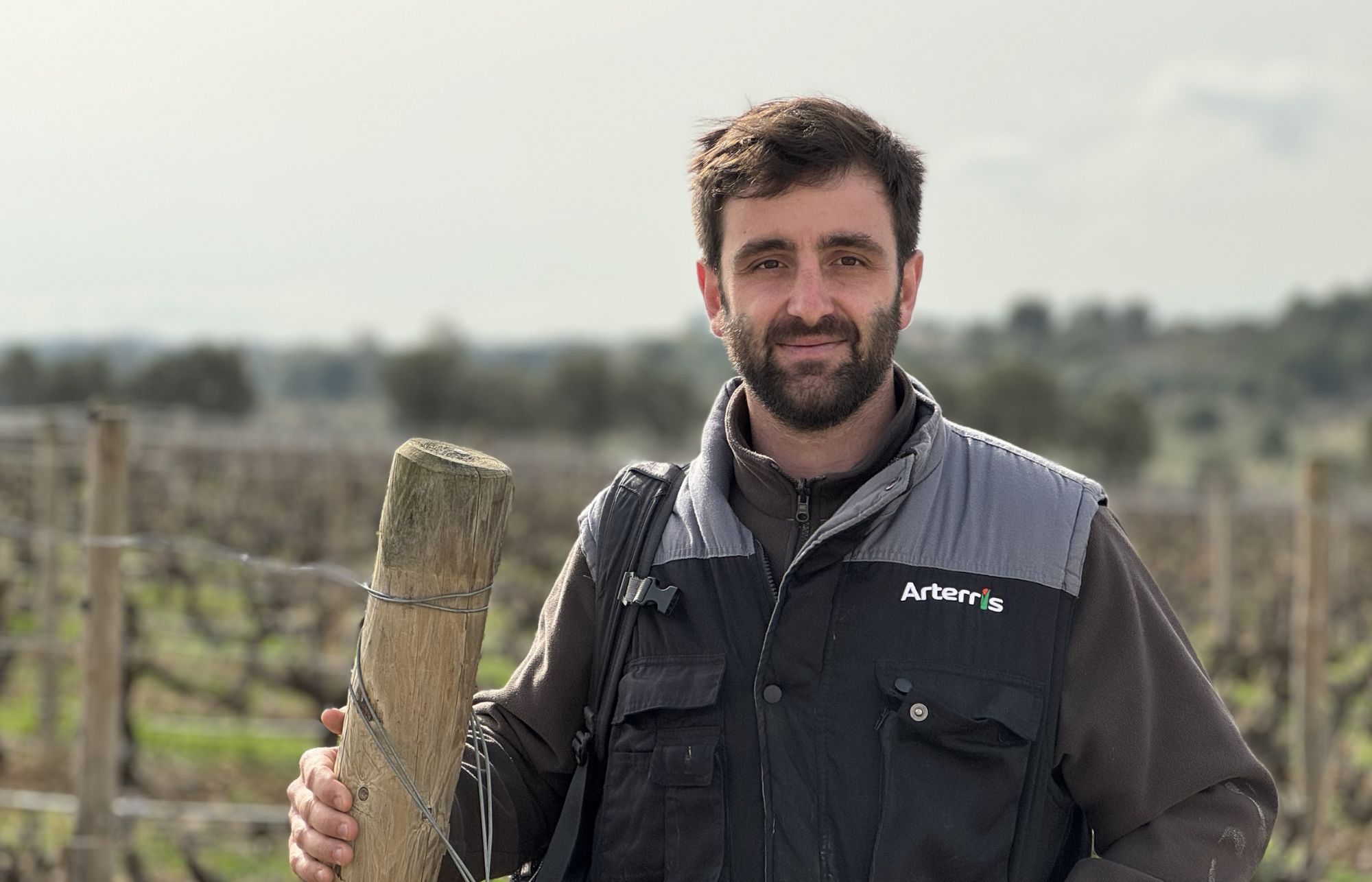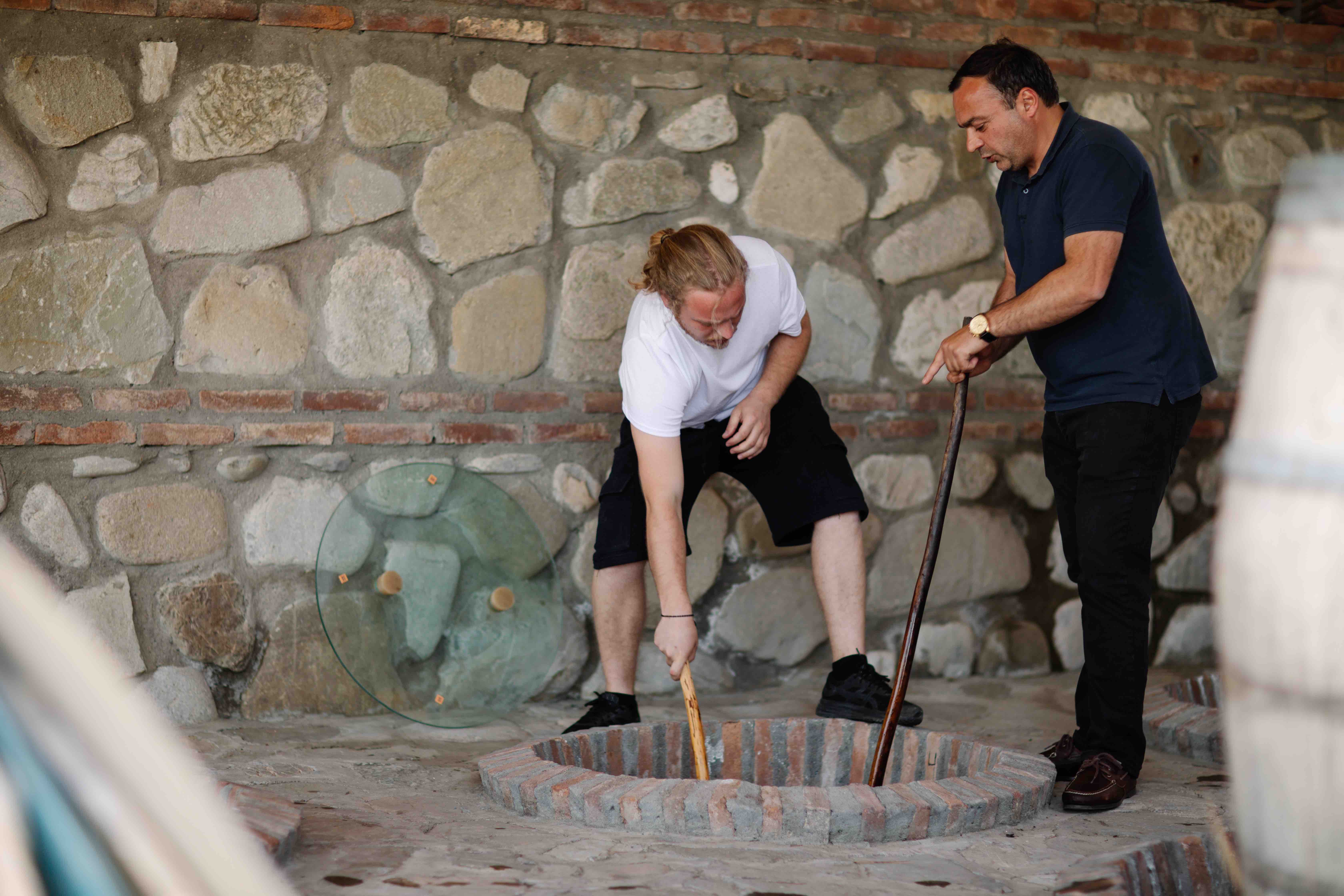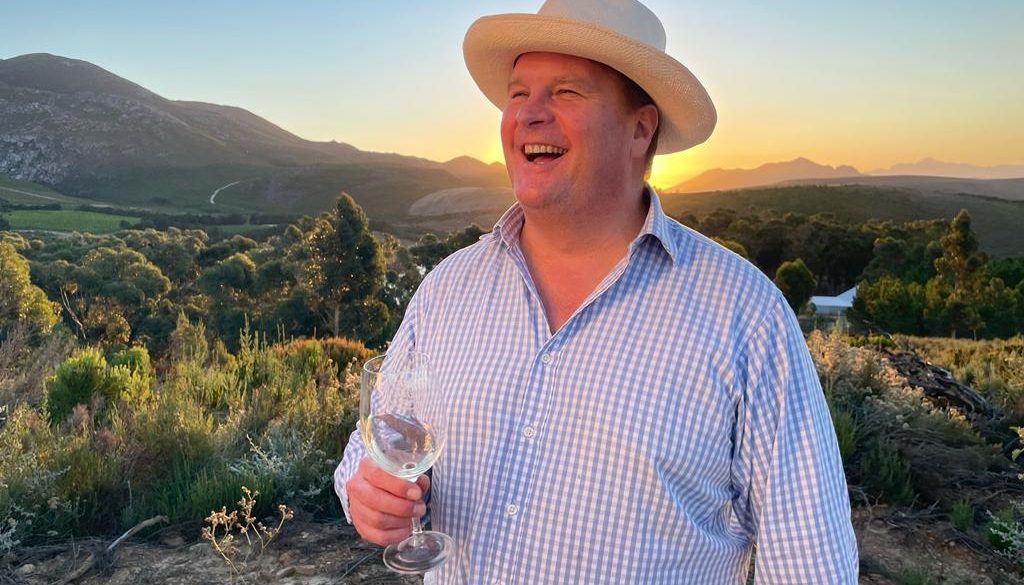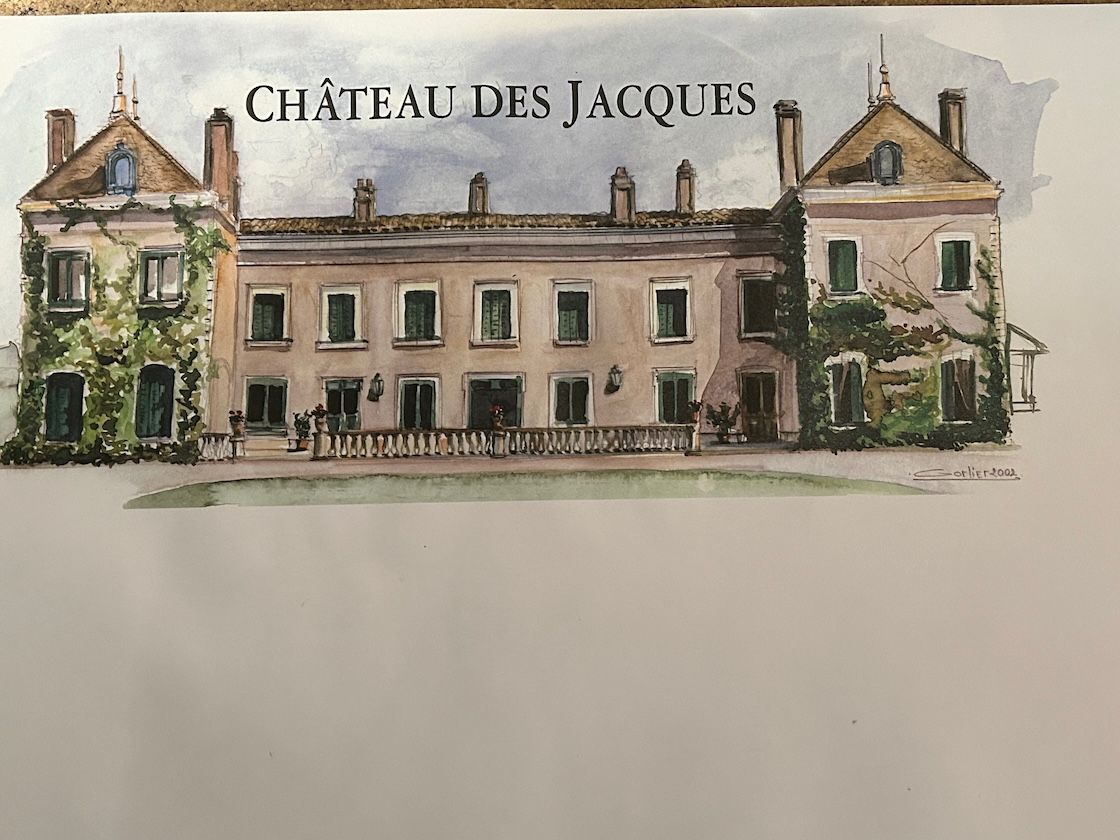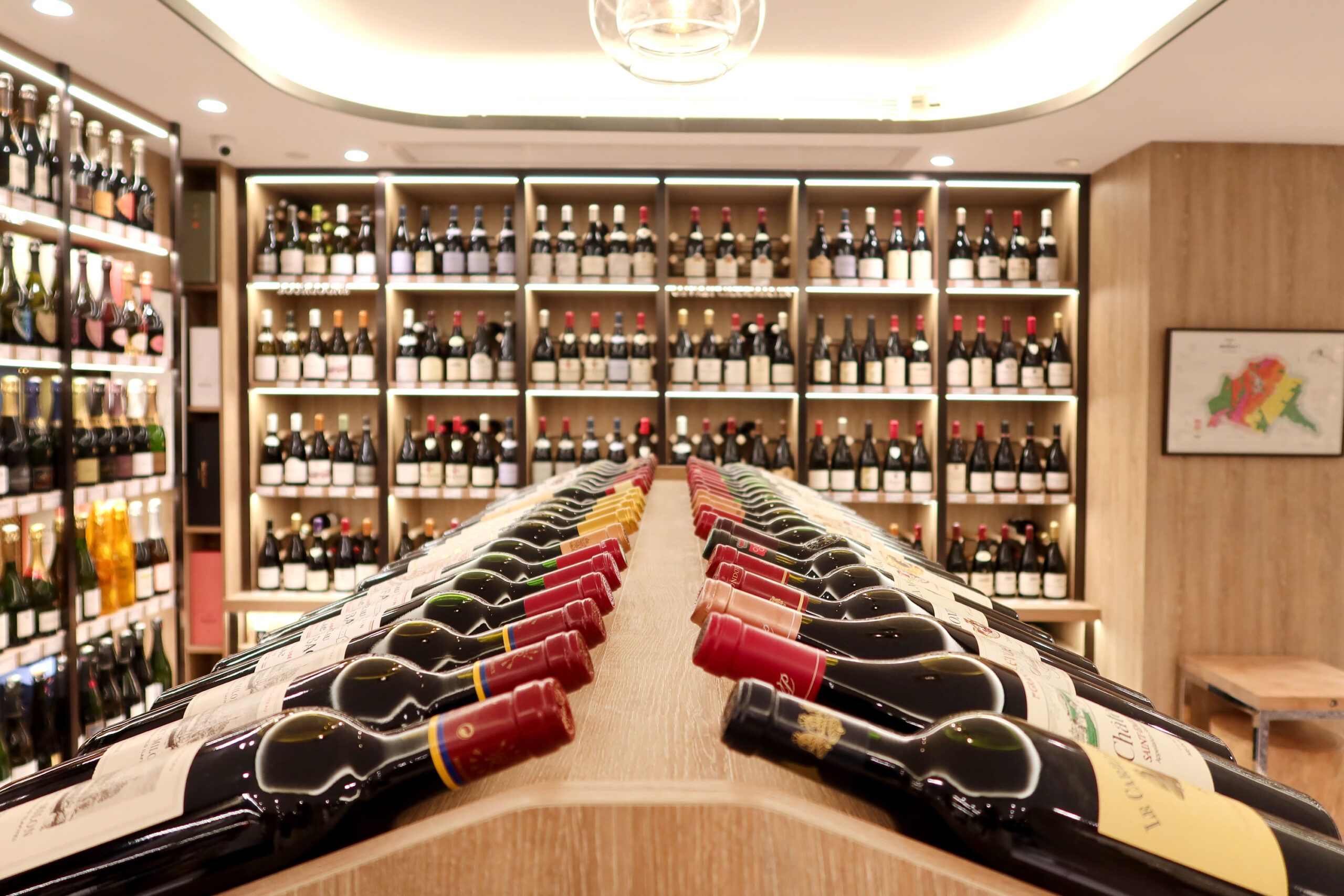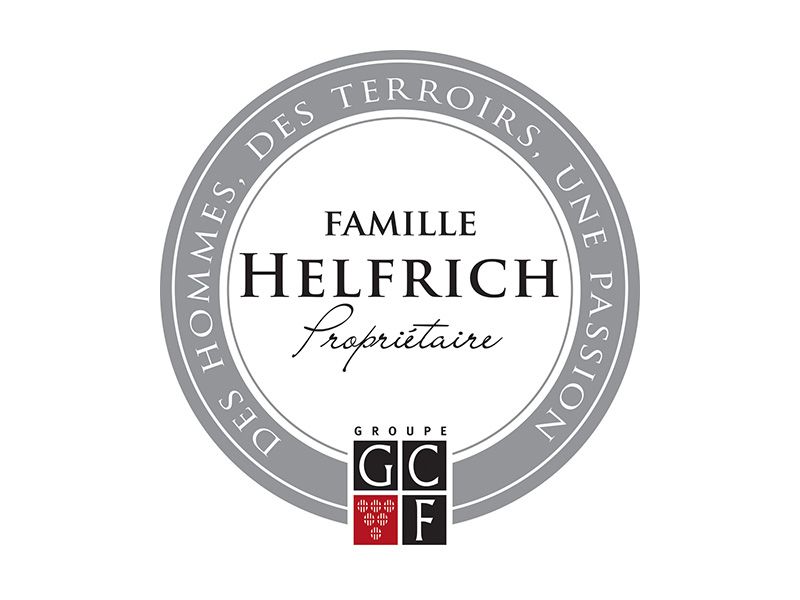The message from Merseyside is crystal clear – we can get by but we need a little help. Whether that comes in tomorrow’s Budget remains to be seen, but hospitality operators of all sizes can’t carry on if the government does not give them some level of financial support, reports Jonathan Caswell.
Type ‘hospitality sector’ into any news search engine and it seems like universal doom and gloom.
As Josh Moore, finance director of award-winning Merseyside-based BoBo Group, said: “There’s a hospitality emergency and it’s probably across the board.”
It seems that way. Hardly a week passes without news of another restaurant closure – from Dorset to Glasgow restaurants and pubs seem caught between spiralling prices and falling customer numbers, and a perceived lack of government support.
Even well-known names are not safe. Two months ago, Phil Vickery seemed to predict the demise of his restaurant, No.3 @ The Merryfellow in Cheltenham, when he told the BBC website that “some of the price increases that haven’t come through yet are really scary. It’s going to be tough”.
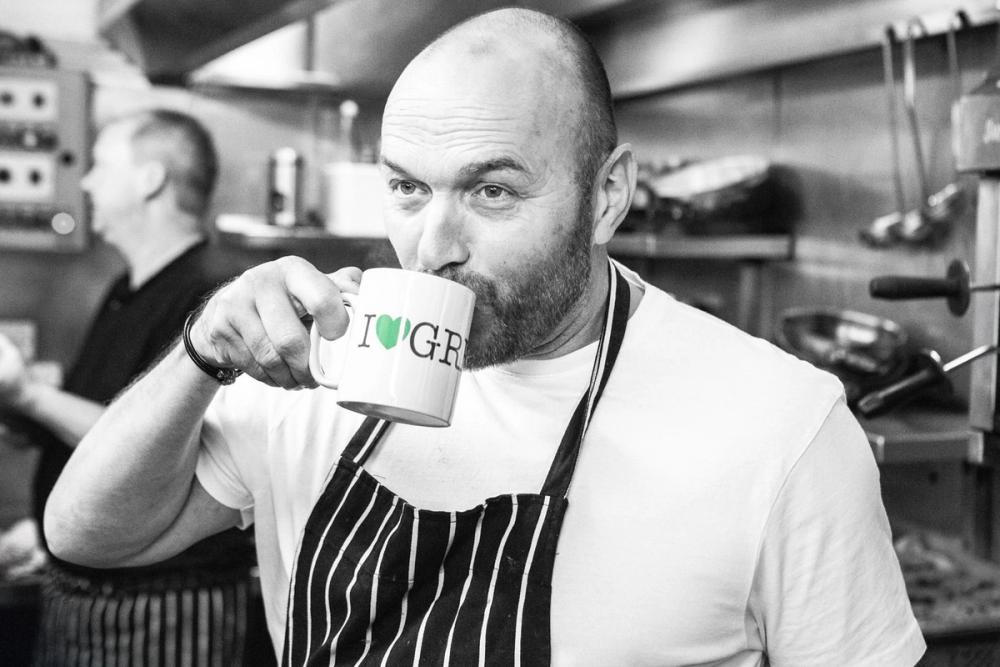
Simon Rimmer has been forced to close down one of his Greens restaurants in Manchester due to the increased cost of running a restaurant
At the same time, Simon Rimmer’s Greens in Manchester closed after 33 years of trading, following a 35% rent increase, joined by the world renowned, two Michelin-starred Le Gavroche, shutting its doors after 50 years of fine dining provision.
Paul Askew, chef patron at the acclaimed Liverpool restaurant, The Art School, told The Buyer: “If Greens and the never empty Le Gavroche can’t make it, what chance the little independent round the corner?”
According to data obtained under the Freedom of Information Act by accountancy firm Price Bailey in 2023, 1,932 restaurants went bust – up 45% on the previous year.Meanwhile, more than 500 pubs closed their doors for good last year, according to data from the British Beer & Pub Association. Even Wetherspoons is selling off its pubs.
Some of the big chains’ bosses are so concerned that they have joined other hospitality, leisure and tourism leaders in signing an open letter to Chancellor, Jeremy Hunt from Kate Nicholls, UK Hospitality’s chief executive, calling for immediate action to prevent further business failure.
Suffocation
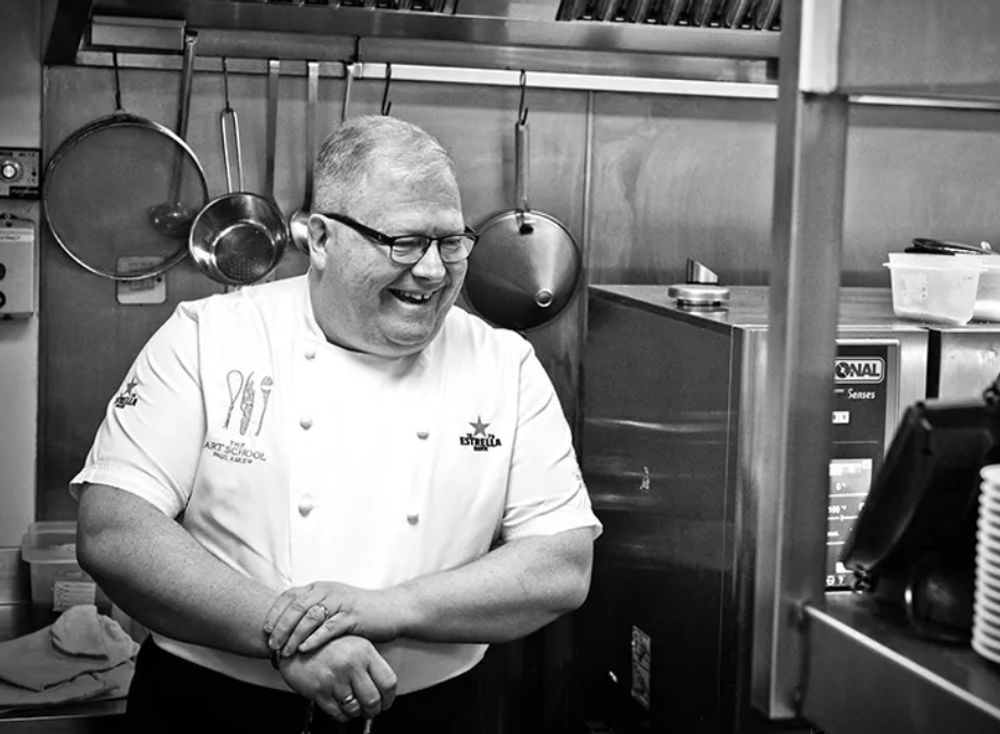
The Art School’s Paul Askew has been able to personally lobby the business secretary Kevin Hollinrake about the issues the hospitality sector faces
Amongst other issues, UK Hospitality has been campaigning for a reduction in VAT and it’s a subject that Paul Askew, who is also chair of Liverpool Hospitality Association, raised in his meeting last month with Kevin Hollinrake, Minister for Small Business, Enterprise and Markets.
Askew said: “In this city region alone a third of the restaurants in the last eight months have vanished. I spoke to him not just as a chef, but as a businessman about the harsh reality of being an independent business in the hospitality sector. We are being suffocated slowly.
“Clearly this is not only to do with VAT, but VAT is the mechanism in which the government can help us in the fastest and most efficient way. Business rates are another thing which need re-calibration, we are a massive contributor to UK PLC, why are we positioned differently from other sectors?”
Josh Moore’s original venue, BoBo on a hospitality destination street in Liverpool city centre enjoys a huge reputation as a casual neighbourhood tasca. He said: “Even though it’s hard at the moment, we are optimistic about the future, but we need that kick start from government to make everyone feel more optimism.
“Our Wirral restaurant is not as steady and isn’t trading according to our forecasts. Valentine’s week was good but then tailed off, so this month will be a good test – what will happen between Mother’s Day and Easter weekend and it’s in the government’s power to effect that.
“This is not about making profit, it’s about survival. Sticking with the current situation could be catastrophic for many because there are so many other factors at play – high energy costs, increasing supplier costs and a greater reluctance for people to spend their money as a consequence of pressures on their own circumstances.”
In line with Europe
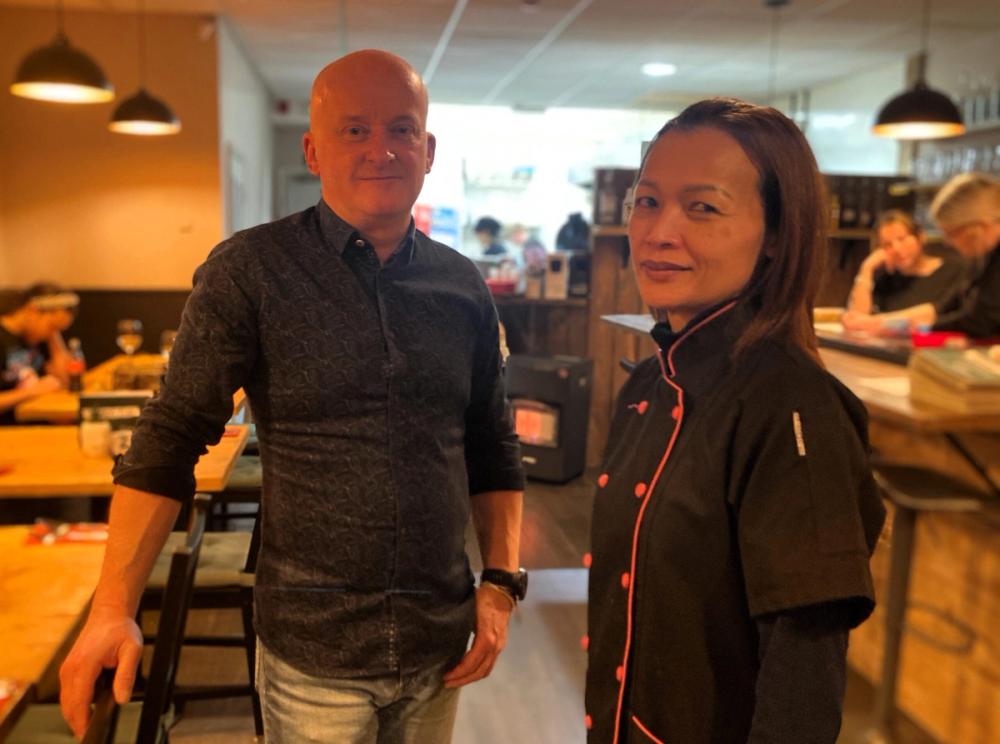
David Otter and Pam Anuniwat who run two Bamboo Thai venues on the Wirral say a reduction in VAT would make a big difference
For Pam Anuniwat, who runs two Bamboo Thai venues in Wirral with her partner David Otter, consistency is also important and not knowing what’s coming down the line is their biggest problem.
“If it were straight lined then we would be a little more comfortable in terms of the business’s future, but like any other business like ours we’re under threat,” she said.
“We opened during Covid when VAT was around 5% cent for food sales and that was very helpful to us, helping us and others to survive. I would hazard a guess that most who have gone under in recent months have done so because of the burden of VAT.”
In well-heeled West Kirby on the Dee Estuary, which regularly appears in top UK places to live, the story is no different. Andy Cockram runs the 200-year-old The White Lion pub and the award-winning real ale country pub, The Irby Mill, a few miles inland.
A publican for three decades, who employs 35 people, Cockram said: “We’re between a rock and a hard place. Our customers are feeling the pinch and are having to cut back, which means our turnover goes down at a time when we’re preparing for a rise in the National Living Wage. If the government doesn’t help the sector now it might not be here to save in a year’s time.
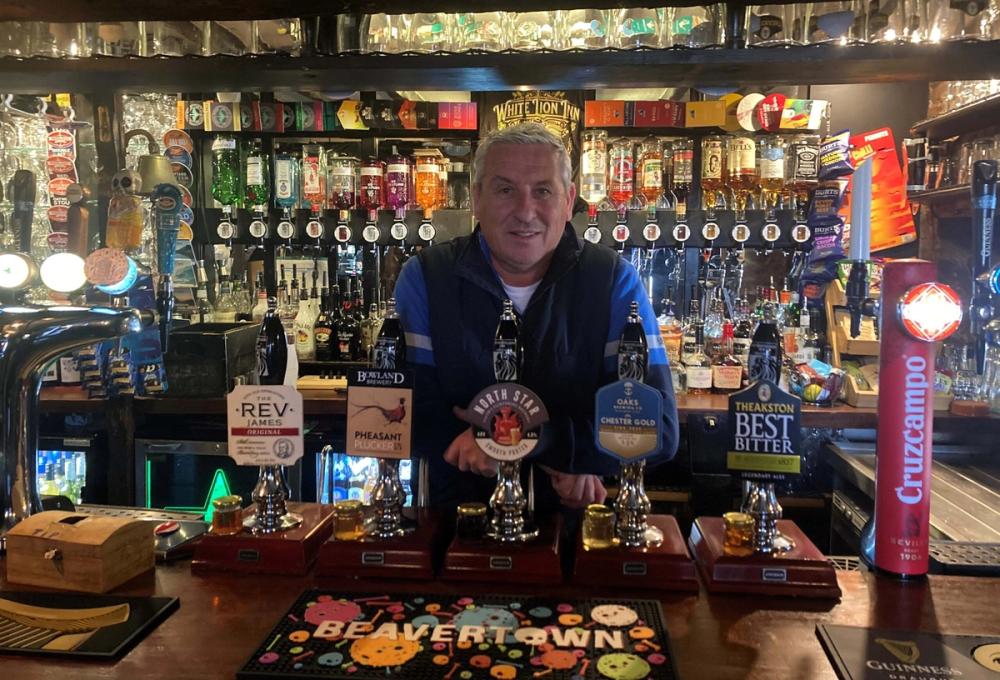
Andy Cockram at West Kirby’s The White Lion – a much loved institution on the Wirral
“Can I see them changing VAT? I’m skeptical to be honest. After all, governments have been promising to reform the much-outdated business rates for years, a system that punishes pubs for being successful. We don’t expect poorly performing places to receive support, but we want a fair tax that brings us in line with Europe.”
Supplier relationships
Rather than the government it’s the strength of his trade and supplier relationships that has helped Paul Askew when it’s been needed. “If we’ve ever been in a tricky spot our suppliers have been there for us. You build loyalty by the way you trade with each other and if you build that trust, it’s hard to break. I have built that rapport for potential testing times and the last three years have probably been the hardest I’ve had in this industry.
Askew’s main wine relationships are with Berkmann, Boutinot and Liberty Wines. Since opening The Art School a decade ago, Charles Heidsieck has been the house Champagne. “They were relatively unknown and are now the sponsors of the Michelin Guide. We receive excellent stock support for big events like Eurovision and the Grand National, as well as marketing support. Through Berkmann we have been able to secure a sponsorship deal with Antinori wines, becoming their ambassadors in this part of the world.
“Our suppliers are also proud of their relationship with us. It’s all about nurturing these relationships, telling them what you need and, as long as you are loyal to their brand and their products, it comes.
Andy Cockram’s experience is similar: “Our suppliers are good – they introduce new products regularly enough to keep things fresh and bring new people in, for example Cruzcampo which is flying and overtaken its competitors in our pubs. The key is to be savvy; shop around, ask questions, see what they can do.
“That said, I think suppliers should, if they’re not, be aware of the sea that everyone’s swimming in and support them. They will have noticed the knock-on effect of pub sales because they will be selling less to them. We don’t really expect much support from breweries other than having honest conversations when it comes to price negotiations. As for Sky, they could reduce their prices, it’s ridiculous what they charge for pubs and my latest bill is unrealistic.”
Josh Moore argues there can be a lack of understanding in the current climate from some of his suppliers: “It feels like there’s just an acceptance that there’s a problem happening in hospitality and there’s little help forthcoming for the independent. It feels like some are in denial and just want to collect debt and protect themselves, which is understandable, but we would like to see them take a bit more risk and help others make hospitality work.”
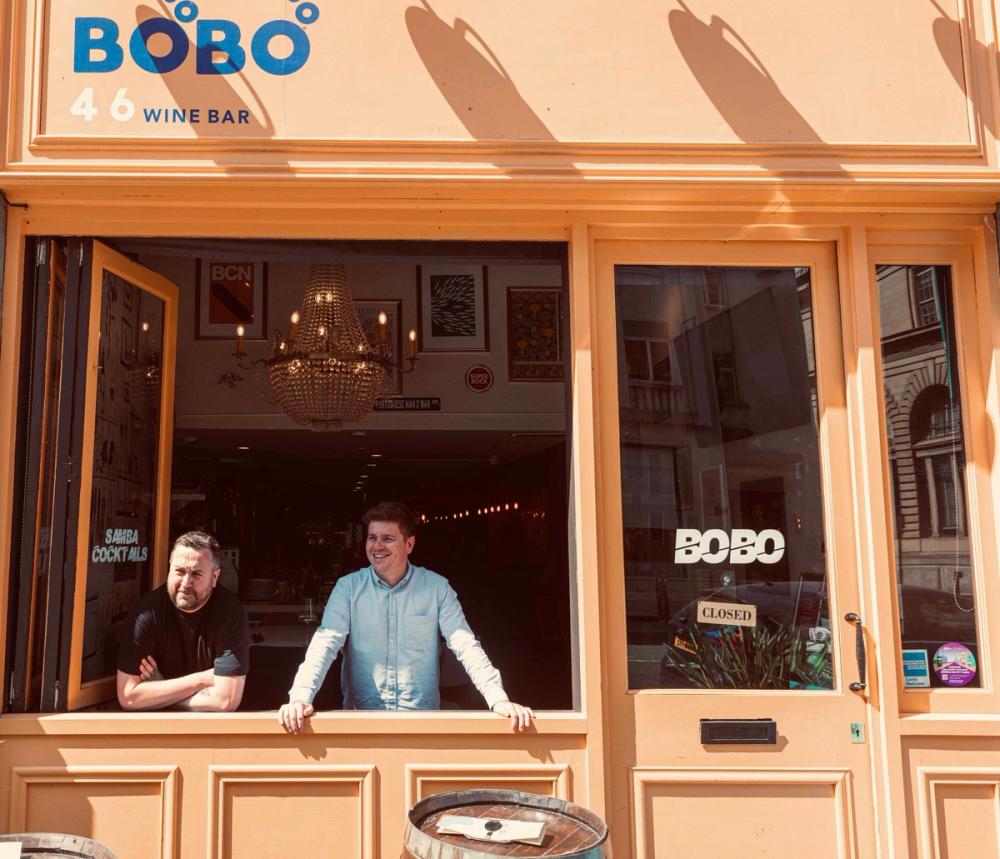
Steven Burgess, left, and Josh Moore co-founders of BoBo with venues in Liverpool and the Wirral say Danny Spencer and East Street Wines have been a big help to them in managing their wine costs
He added: “When many are under the same pressure there should be some more open discussions. Unfortunately, it’s probably a reflection of the way the government views hospitality which can also influence people’s perception on the street.
“We’ve had a good working partnership from the start with our wine supplier, East Street Wines and they have been supportive, working with us at every stage, completely up front about the best products for the best deal, while also fighting our corner when their sources’ prices are inflated without justification.”
Ghost town
Meanwhile David Otter at Bamboo Thai is grateful for the support he has received including extended credit terms when needed and his wine supplier printing lists: “It’s only a few hundred quid but it’s not a cost we have to meet.”
On his wish list though is more advice on what wines and beers to stock: “I sometimes think that what we are selling is what the supplier wants us to sell, rather than what they think would go best with our food, or what sells well in our area. I have in the past pushed back to ensure we have what I think is a wine list that’s appropriate.”
His biggest vexation currently is local councils not helping in the promotion of the high street: “Work with us to promote the destination, to bring people in. I have started to reach out to other local businesses to see how we can work innovatively together. They may have their hands tied a little but I’d like the council to adopt a more proactive approach, because if they want the local centres to become ghost towns then they are going the right way about it.”
Mention of ‘ghost town’ harks back to a similarly bleak early 1980s era for hospitality when “all the clubs [have been] closed down.” As Paul Askew says: “Without doubt if more support is not forthcoming, we will see more restaurants and bars go to the wall.”
